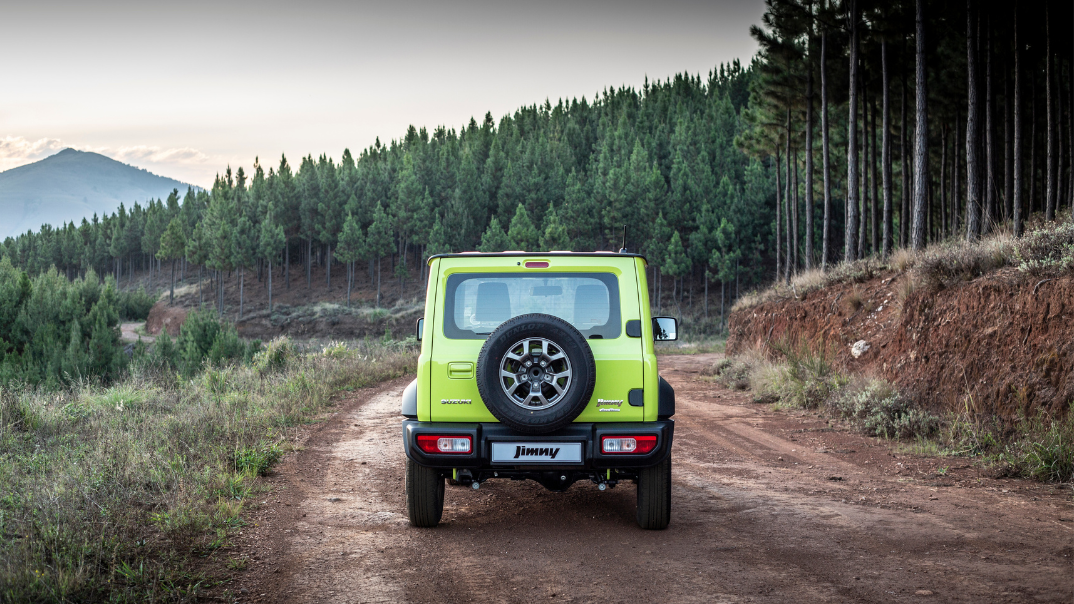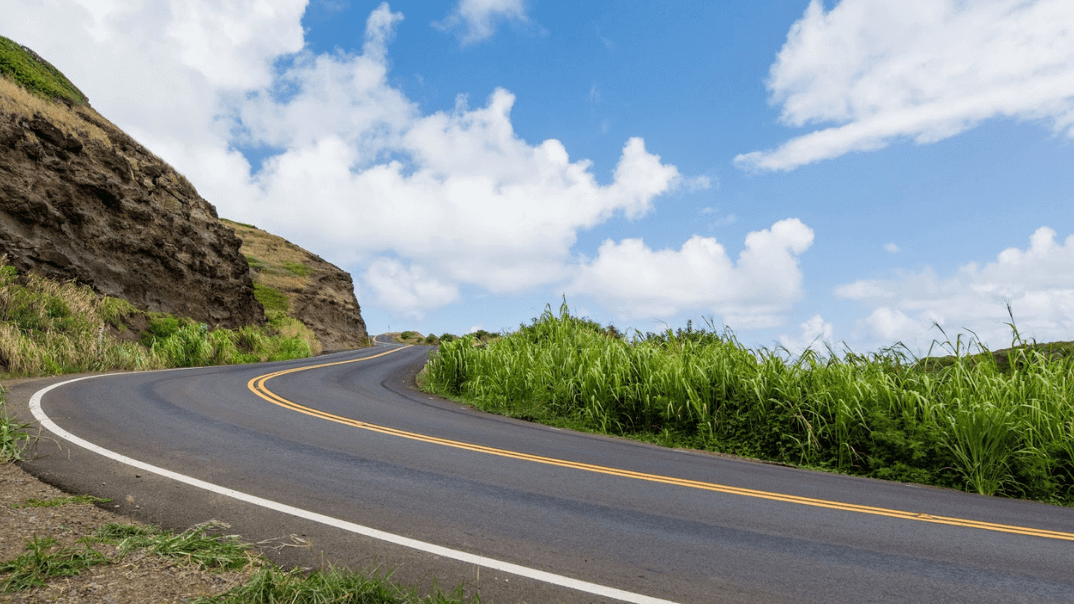 In the challenging world of academia and wildlife research, stories of perseverance and passion often stand out. One such inspiring journey is that of Valery Phakoago, a University of the Witwatersrand student who recently completed her PhD.
In the challenging world of academia and wildlife research, stories of perseverance and passion often stand out. One such inspiring journey is that of Valery Phakoago, a University of the Witwatersrand student who recently completed her PhD.
Article by Valery Phakoago and Andrea Fuller (University of the Witwatersrand)
The spark: An internship and visit to the Kalahari that changed everything
After completing her Masters in Environmental Sciences at the University of Venda, Valery interned in the Brain Function Research Group at the University of the Witwatersrand, to gain exposure to various types of research. During this internship, Valery got the unusual opportunity to visit Tswalu Kalahari Reserve, where she immediately fell in love with the rolling dunes and red sands. She developed an interest in studying Temminck’s pangolin, a species that we know little about. Eager to immerse herself in field research, Valery enrolled for a PhD under the supervision of Professors Andrea Fuller (Wits) and Shane Maloney (University of Western Australia), with her plan being to focus her PhD research on understanding how young pangolins survive after they leave the safety of their mother’s burrow.
 One of Valery’s study animals, a Temminck’s pangolin (Smutsia temminckii) at Tswalu Kalahari Reserve. Photo credit Wendy Panaino.
One of Valery’s study animals, a Temminck’s pangolin (Smutsia temminckii) at Tswalu Kalahari Reserve. Photo credit Wendy Panaino.
A shift in focus: Adapting to challenges
Valery joined the Kalahari Endangered Ecosystem Project (KEEP), an initiative supported by Suzuki Auto South Africa, aimed at understanding how plants and animals in the Kalahari are responding to the impacts of climate change. She quickly realised that not only would her study animals have to adapt to challenges in the environment, but so too would she. The first year of her studies was characterised by an extreme drought in the Kalahari. With little food available in the form of ants and termites, female pangolins did not breed. Then the COVID-19 pandemic struck, preventing researchers from conducting field studies while travel restrictions were in place.
A PhD is a big challenge when all goes well. It’s an even bigger challenge when you have to change your research topic and start all over, a couple of years into your studies. Despite the uncertainty of when she would be able to return to the Kalahari, Valery demonstrated resilience and an ability to pivot in the face of adversity. She expanded her research scope to more broadly study the ecology of both pangolins and aardvarks, and found an innovative way to collect data remotely, by using social media as a tool to understand the distribution and ecology of the aardvark and pangolin in southern Africa (https://academic.oup.com/jmammal/article/105/1/206/7505062).
Navigating the Kalahari dunes: Gaining vital knowledge
When Valery eventually returned to the Kalahari, her next challenge was to spend long days and nights, usually alone, tracking her elusive study animals. Fortunately she had a set of trusty wheels to keep her safe out in the dunes, in the form of the research team’s Suzuki Jimny. With guidance from Dr Wendy Panaino, an ecologist at Tswalu who also had studied pangolins as part of KEEP, Valery quickly became an adept driver, navigating the big dunes with ease. Her journey was always filled with adventure, from setting up remote cameras, walking long distances to locate pangolins while listening to faint “beeps” from her telemetry system, and avoiding thorny bushes and temperamental wild animals.

Valery behind the wheel of the project’s Suzuki Jimny, after COVID-19 travel restrictions were lifted. Photo credit Andrea Fuller.
One of the most exciting moments occurred when Valery spotted a baby pangolin on its mother’s back for the first time, its scales glistening in the fading sunlight. Watching the mother pangolin feed while keeping a close eye on her pup at the same time was a moment of pure joy for Valery. Valery also experienced moments of joy, rather strangely it may seem, whenever a pangolin relieved itself, and she was able to collect the valuable scats, which would reveal what the animal ate. In moments of shared delight when Wendy was with her, Valery and Wendy would dance in the dark, singing ‘we got a pango, pango, pango, pango-poo’, as they made their way back to the Jimny. The feeling and excitement solidified the commitment to studying and protecting these remarkable animals.
 Valery tracking her pangolins after having driven to the top of a dune in the project’s Suzuki Jimny. Photo credit Andrea Fuller.
Valery tracking her pangolins after having driven to the top of a dune in the project’s Suzuki Jimny. Photo credit Andrea Fuller.
Reaching her destination: A legacy of passion and commitment
Valery’s research efforts were featured in National Geographic magazine, and she received an African Graduate Student Research Fund award and a travel award from the International Federation of Mammalogists. That gave her the incredible opportunity to present her work in Alaska at the International Mammalogical Conference. While her findings on the ecology of aardvarks and pangolins have raised awareness about the importance of protecting these species and their habitats, she realised in Alaska, that whether in the scorching sun of the Kalahari or the icy landscapes of Alaska, the core mission of researchers remained the same: to protect the planet's precious biodiversity.
Valery‘s journey to completing her PhD is a testament to the power of perseverance and passion. As she continues her journey, currently working for BirdLife South Africa, and publishing more of her PhD work in scientific journals, Valery is not only making significant contributions to conserving South Africa’s wildlife but also inspiring future researchers to pursue their passions with tenacity.
 The research being conducted by Valery Phakoago and Wendy Panaino was featured in National Geographic magazine. Photo credit Andrea Fuller.
The research being conducted by Valery Phakoago and Wendy Panaino was featured in National Geographic magazine. Photo credit Andrea Fuller.
Subscribe to our blog and get all our exciting content delivered to you either weekly or monthly.

-1.png)
%20(1).png)
